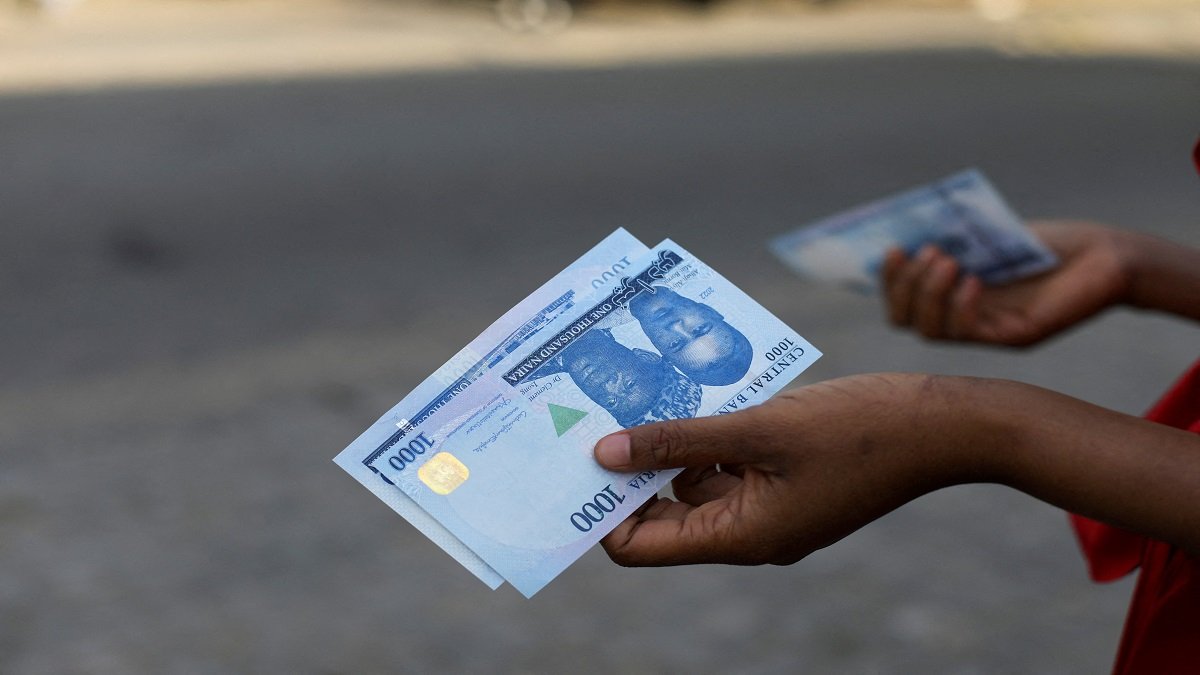Sign up for A Stronger Canada for The Trump Era. A temporary newsletter with the latest Canada-U.S. analyses from Policy Options.
(Version française disponible ici)
By Canada Day, the dissolution of the U.S. Agency for International Development (USAID) is set to be complete, severing a critical lifeline for millions of the world’s most vulnerable people. The Trump administration has purged 83 per cent of its programs, with the rest in the process of being folded into the U.S. State Department.
This sweeping cut threatens essential global services, especially in Africa where USAID long supported health programs, food security and disaster response.
But this is not only a humanitarian catastrophe. It is an economic and geopolitical crisis with direct consequences for Canada.
As Canadian businesses look to expand into emerging African markets, they may soon find that the collapse of essential health services will not only devastate lives there but will destabilize economies, exacerbate conflicts and make markets on the continent less viable for long-term investment.
Canada has a choice. We can watch the fallout from the sidelines as USAID cuts cause irreparable damage, knowing we’ll soon feel the consequences. Or we can do something.
Of course, we can’t match dollar-for-dollar the USAID cuts. But we can act, using our influence to bring together a coalition of likeminded donor governments, philanthropists and the private sector to build a safer and more prosperous world for everyone – as we did with the Muskoka Initiative 15 years ago.
Next month, Canada can once again use its role as host of the annual G7 meeting to rally global partners and drive urgent, co-ordinated action.
With U.S. President Donald Trump’s tariff threats and trade wars top of mind for most Canadians, now is the time to ensure that we’re opening more doors, not allowing unilateral decisions to lock us out.
USAID was one of the largest contributors to global health programs, including maternal and child health initiatives.
According to the Guttmacher Institute, an organization committed to advancing sexual and reproductive health worldwide, the USAID funding cuts mean 11.7 million women and girls in “countries with the greatest need” will lose access to critical health services.
Without those services, the institute projects that 4.2 million unintended pregnancies will occur, and more than 8,300 women will die from complications during pregnancy and childbirth. Newborns will not receive essential postnatal care and the effects will ripple through entire communities.
Make no mistake: The consequences will be felt in Canada, too, albeit on a different level. A destabilized world means weakened markets, disrupted supply chains and increased migration pressures – all of which pose negative consequences for the country.
Investing in health is the smart (and effective) thing to do. Healthy populations drive productivity, fuel local economies and provide the workforce necessary for sustained growth. A community weighed down by preventable illness and death is a community closed for business.
This is not a suggestion that Canada can simply replace the financial power of USAID. That would be a futile effort equivalent to turning off Niagara Falls and trying to refill it with a garden hose. What Canada can do is step in as a convener, a leader in mobilizing other donors to act.
We know this approach works because we’ve done it before. In 2010, under then-prime minister Stephen Harper, what was then the G8 launched the Muskoka Initiative through which Canada led in prioritizing worldwide maternal and child health, driving both political will and funding commitments on a global scale.
The initiative was not just about direct aid. It was about ensuring international attention remained fixed on the issue and that governments across the world followed through with their pledges and created real results.
The G7 presidency is a chance to address critical areas
Canada needs an immediate strategy for Africa
Canada failed to heed the warning signs of key U.S. policy shift
Now is the time to take the best of that model and make it work for the moment.
African governments, NGOs and entrepreneurs have already developed innovative models for delivering health care, often with minimal resources. What they lack is the support to scale these solutions.
Aid and development support is not charity. It is an investment in global stability, security and economic prosperity. It is the extension of a runway on which countries can take off — not just for the sake of those receiving assistance, but for all of us who depend on a functioning, interconnected world.
You are welcome to republish this Policy Options article online or in print periodicals, under a Creative Commons/No Derivatives licence.![]()
by Policy Options. Originally published on Policy Options
May 12, 2025
This <a target="_blank" href="https://policyoptions.irpp.org/magazines/may-2025/usaid-canada/">article</a> first appeared on <a target="_blank" href="https://policyoptions.irpp.org">Policy Options</a> and is republished here under a Creative Commons license.<img id="republication-tracker-tool-source" src="https://policyoptions.irpp.org/?republication-pixel=true&post=116882&ga4=G-GR919H3LRJ" style="width:1px;height:1px;">
This work is licensed under a Creative Commons Attribution-NoDerivatives 4.0 International License.
After USAID: Why Canada must lead on global health now – Policy Options



